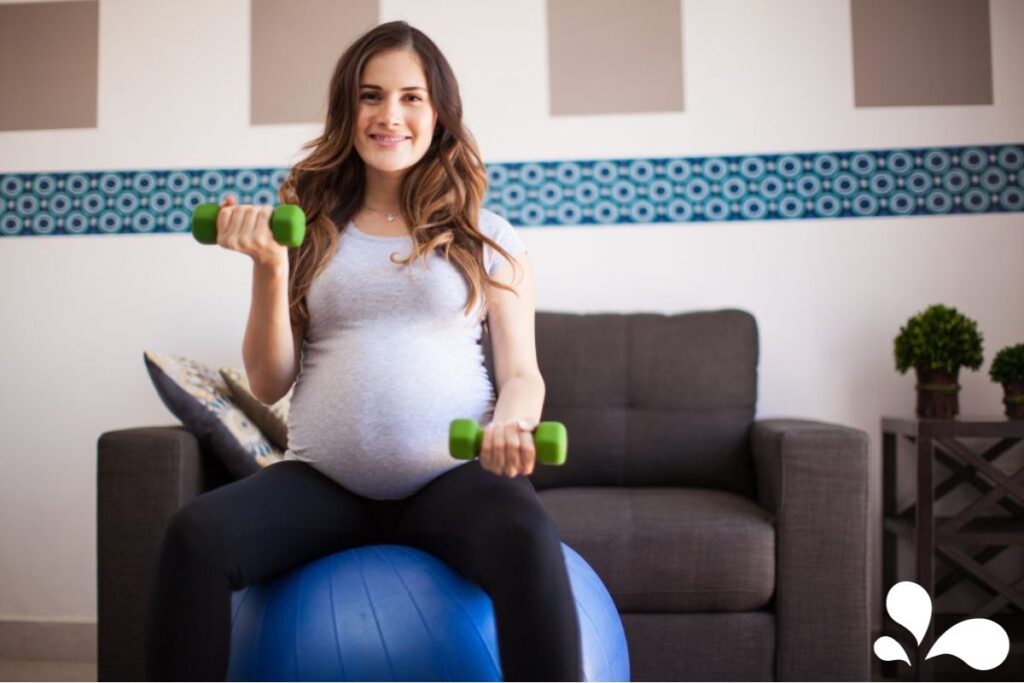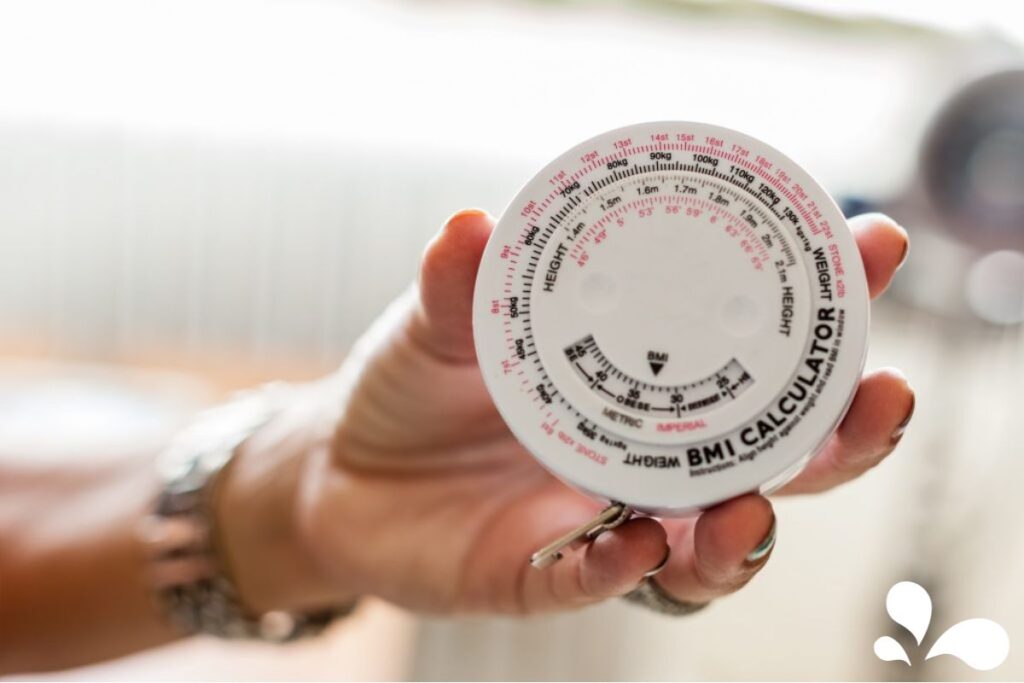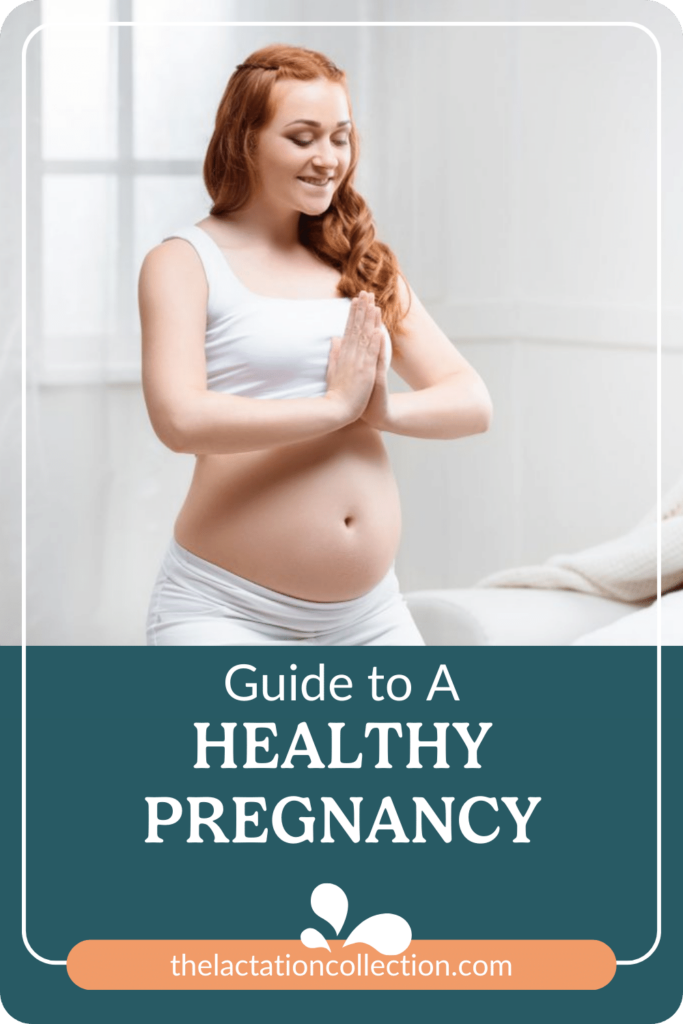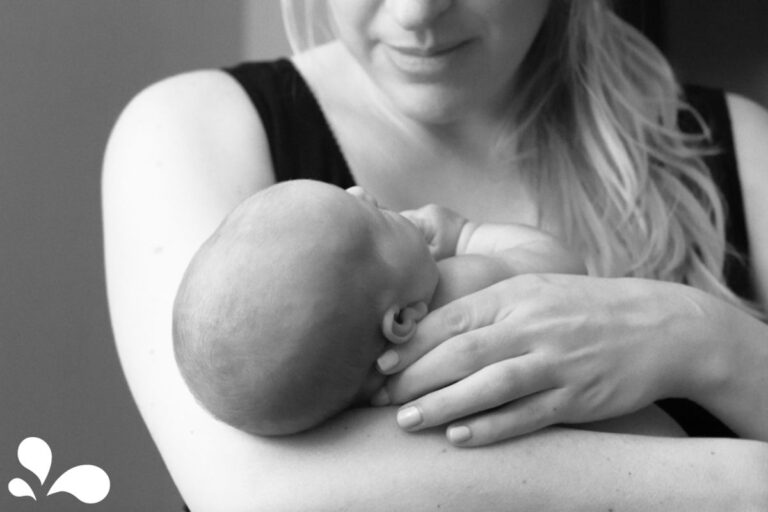We all want to be healthy and have the healthiest pregnancy possible. What does that mean? And what can you do to have a “healthy pregnancy”?
Part of the answer is to eat healthy and exercise.
Exercise – The Core of Your Well-being
Many of you may be wondering if you’re allowed to exercise (or how much) while you’re pregnant. The answer is YES, and not even that you can, you should. Keep reading to see how much exercise is just right.

First, Maybe These Benefits Will Convince You
Exercising during pregnancy has many benefits:
- Weight control: exercise helps you to maintain healthy body weight and decrease fat accumulation
- Physical fitness: exercise improves your cardiovascular fitness, muscle strength, and endurance (which will come in handy when you are in labor)
- Improved posture: which can help decrease back pain caused by your pregnant belly
- Prevention/treatment of complications such as:
- Gestational diabetes
- Preeclampsia/pregnancy induced hypertension (high blood pressure)
- Possible miscarriage
- Relief of minor discomforts
- Decreased constipation (which can be a major discomfort)
- More bladder control
- Decreased incidence of varicose veins
- Improved sleep (yes, we all want that)
- Less leg cramps
- Less heartburn
- Easing of labor including shorter labor and decreased risk of complications such as:
- C-sections
- Use of labor-inducing medications
- Vaginal tears
- Fatigue
- Higher APGAR scores for baby (meaning healthier baby)
- APGAR scores are given to babies at 1 and 5 minutes after birth to check their Appearance, Pulse, Grimace, Activity, and Respirations. Numbered between 1 and 10, this gives an overview of babies well-being right after birth.
- Faster recovery for mom after delivery
- Positive mental health benefits
- Improved mental well-being
- Decreased depression and anxiety
- Increased self-esteem and body image
- A greater sense of control
- Easier to exercise postpartum and lose pregnancy weight quicker
That’s a pretty awesome list of benefits. I don’t know about you, but I could use a lot of those benefits now and I’m not pregnant. How awesome would it be to feel better physically, get better sleep, have an easier labor and delivery, and a healthier baby?
Pretty awesome.
Recommendations That Will Keep You and Baby Healthy
If you exercise regularly before getting pregnant you can continue exercising at that same level.
If you didn’t exercise before getting pregnant, then start now. It is recommended that you start with low-impact aerobic exercise (see the list below) and slowly increase the amount of time you exercise and the effort you put into it. You don’t want to start exercising and go all out in your workout…you shouldn’t do that if you aren’t pregnant either. That would be exhausting to you and you may never want to exercise again. And you could injure yourself (we don’t want either of those possible negatives).
It is recommended to exercise for 30 minutes a day, 5 days a week while pregnant.
These are some of the recommended exercises during pregnancy:
- Walking
- Cycling
- Swimming (plus you get the benefit of feeling weightless in the water…is there any pregnant woman who doesn’t want that?)
- Lifting light to moderate weights
- Low-impact aerobics
- Stretching
I loved going to a prenatal yoga class. It was a great way to get physical exercise, meet other pregnant women, and have fun in a group setting. I also really enjoyed going to a Barre class. I just modified some of the exercises to work with my pregnant body (most teachers are willing to give you modified movements if needed).

Cautions – Watch Out for These
While exercise is good and has many benefits, there are several reasons to not exercise while pregnant.
If you have any of the following you should NOT exercise while pregnant. (Please discuss with your doctor if you have any questions).
- Anemia
- Persistent/recurring abdominal and pelvic pain
- Abnormal or heavy vaginal bleeding
- Cardiovascular disease
- Incompetent cervix/cerclage
- Multiple gestation (twins, triplets, or more)
- Preeclampsia or pregnancy induced hypertension
- Premature labor contractions
- Premature rupture of membranes
- Thyroid disease
- Physical injury
- Illness (acute or chronic)
If you have any pain, discomfort, or bleeding during or after exercise contact your doctor.
Get the Right Nutrition
In addition to exercising, it is also very important to have a healthy, well-balanced diet. What is a well-balanced diet? It is recommended to eat the following daily:
| Food Group | Servings |
| Fruit | 2 – 2.5 cups |
| Vegetables | 3 – 3.5 cups |
| Grains | 6 1- 10 oz. |
| Protein | 6 – 7 oz. |
| Dairy | 3 cups |
| Water | About 80 oz. |

Don’t forget about these key components to eating healthy while pregnant:
- Eating a variety of mostly whole, unprocessed foods
- Appropriate weight gain (see table below below)
- Taking a prenatal vitamin
- Avoiding tobacco, alcohol, and other harmful substances
- Safe food handling
Let’s Throw a Myth Out the Window for Good
You only need to increase your calorie intake by about 300-400 calories a day in the 2nd and 3rd trimesters of pregnancy (this is for if you’re pregnant with one baby and does not apply if you’re pregnant with twins…or more).
You are NOT “eating for two”.
I have seen so many women eat way more than they should while they are pregnant and say that they are “eating for two” so it’s ok. You don’t need to have seconds, and definitely not thirds.
I am not saying that you can’t indulge and have treats, you can (I ate a mint chocolate chip ice cream sandwich almost every day that I was pregnant), you just need to make sure that you are not overeating and that you are eating the recommended fruits, veggies, protein, dairy, and grains. You want to focus on eating high-quality, nutrient-dense foods and limit the processed foods and drinks that have “empty calories” (you know, the high calorie food items that we all love, but are always still hungry after we eat them).

Weight Gain – It’s Going to Happen…Understand How Much is Healthy
Exercising and eating healthy during your pregnancy will help you to have an appropriate weight gain while pregnant. But how much weight gain is ok while pregnant? It depends on how much you weighed before you became pregnant. It’s all based on your pre-pregnant Body Mass Index (BMI).
BMI is a weight-for-height index used to classify underweight, normal weight, overweight, and obesity in adults (WHO).
| Classification | BMI (kg/m2) | Recommended Pregnancy Weight Gain |
| Underweight | <18.5 (less than) | 28-40 lbs (12.5-18 kg) |
| Normal weight | 18.5 – 24.99 | 25-35 lbs (11.5-16 kg) |
| Overweight | 25.00 – 29.99 | 15-25 lbs (7-11.5 kg) |
| Obese | 30.00 (greater than) | 11-20 lbs (5-9 kg) |
If you need help measuring your pre-pregnancy BMI, you can use this BMI calculator by the Center for Disease Control (CDC).

If you gain more weight than is recommended, it is not the end of the world. I personally gained a lot (and when I say a lot, I mean A LOT) of water weight when I was pregnant. My weight gain was pretty gradual, like you would normally see, but it wasn’t all baby/pregnancy weight. And it wasn’t a lot of fat either. I got extremely puffy and had swelling throughout my body…legs and feet especially. I didn’t have any pregnancy complications that would have caused the swelling either. The weight gain was pretty consistent from the beginning of the pregnancy to the end.
During my pregnancy I gained about 40 lbs (and I started in the “overweight” classification for my BMI. I ate healthy and I was active (sometimes, I wasn’t very consistent at exercising while pregnant), and I still gained much more than was recommended for my BMI. Luckily, I didn’t have any complications with the pregnancy or delivery. After delivery, the weight came off fast (that’s why I know it was mostly water weight). I lost the entire 40 lbs. that I had gained during pregnancy. I also lost some of the weight I had gained from IVF treatment before getting pregnant. I lost all that weight by the time I had my 6 week postpartum appointment.
I am not saying that it is ok to gain more weight than recommended, or that you should be like me and eat ice cream sandwiches everyday, that’s just my story. I plan to do much better with my next pregnancy by starting the pregnancy more healthy and continuing the good habits that I am creating now.
Do your best. Eat as healthy as you can. Be physically active when you can. And most importantly, be happy and proud of yourself for what you do.
Following these tips will help increase your health and your baby’s health. You may not be eating for two, but you sure can be healthy for two. Create good habits now that you can teach your children as they get older.
I hope that these tips will help you as you move forward with your goal to have a healthy pregnancy and that all the articles you read here help you feel more empowered and confident with the choices you are making.
You are powerful. I hope this article has helped you recognize the power that you already have within, and that you will join me in spreading that recognition to everyone you know.

Sources:
Evenson, K. R., Barakat, R., Brown, W. J., et. al. (2014). Guidelines for physical activity during pregnancy: Comparisons from around the world. American Journal of Lifestyle Medicine, 8(2), 102–121. http://doi.org/10.1177/1559827613498204
Garner, C.D. (2018). Nutrition in pregnancy. In C.J. Lockwood (Ed.), Uptodate. Retrieved on January 8, 2018, from https://www.uptodate.com/contents/nutrition-in-pregnancy?search=healthy%20pregnancy&source
Hammer, R.L., Perkins, J., & Parr, R. (2000). Exercise during the childbearing year. The Journal of Perinatal Education, 9(1), 1-13. doi: 10.1624/105812400X87455







